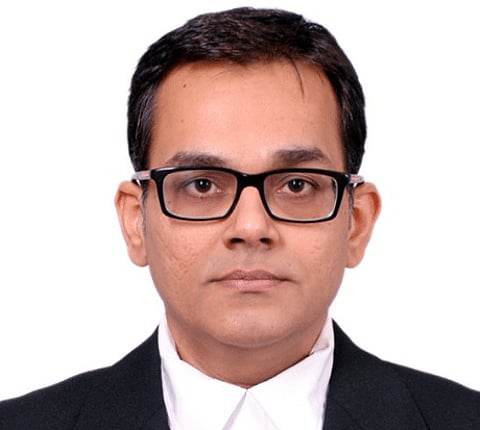
- News
- Columns
- Interviews
- Law Firms
- Apprentice Lawyer
- Legal Jobs
- हिंदी
- ಕನ್ನಡ

M Rishi Kumar Dugar
“…We should avoid relying on high-profile lawyers (with political inclinations) because with their argumentative skills, they are able to rationalize all forms of tyranny.”
India’s pre-eminent Senior Advocate and internationally admired and respected lawyer Mr. Fali Nariman shared this view in his autobiography, Before Memory Fades.
The excerpt is taken from the chapter very aptly titled for the current times, Judicial Governance and Judicial Activism. While capturing the evolution of Article 226 (Power of High Courts to issue certain writs) and how three prominent practising lawyers, forming part of the Constitution Committee with their specific mandate to clip the wings of the high courts were proposing amendments, Mr. Nariman states,
“It was the practising lawyer – politicians on that Constitution Committee who so fervently wanted to scrap Article 226! The moral of the story is that we should avoid relying on high-profile lawyers (with political inclinations) because with their argumentative skills, they are able to rationalize all forms of tyranny”.
With the petition seeking a ban on lawmakers/legislators from practising as advocates coming up for hearing before the Supreme Court, it is as if Mr. Nariman has prophesised this in his autobiography.
In current times, when the Supreme Court has become more of a Public Interest Litigation court rather than a Constitutional Court of the country, there are innumerable public rights and government policy matters which are challenged or questioned. Would it serve to allow legislators to appear and argue in those matters, when it is clear that their arguments would toe the line of their party ideology/policy rather than any public interest?
To take a current example, the hearing in Aadhaar matter is ongoing before the Supreme Court of India. At least two high profile lawyers appearing in the matter, who were/are not just legislators but were even holding high profile ministerial berths in the former regime, are arguing against the current regime’s Aadhaar scheme.
One could ask whether they are arguing unbiased – without keeping their party’s ideology/policy in mind – with the intent of public interest.
From the initial press statements, it appears that the Bar Council of India (BCI) has taken a view that they cannot stop legislators from practising. One would have to wait to see BCI’s reply (if any) filed to know what would be their final stand.
The BCI, being the disciplinary authority in this country, should weigh the pertinent question of the petitioner very seriously: while a public servant cannot practise as an advocate, should legislators be allowed to practise in various courts in violation of Article 14?
It must do so, if it wants to prevent the ‘rationalizing of tyranny’.